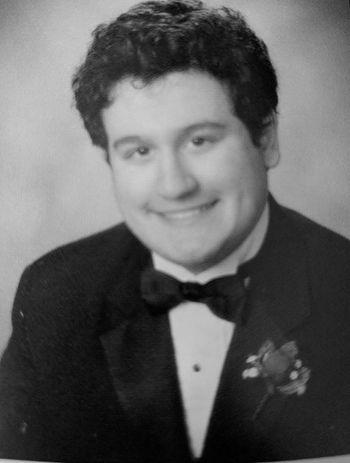Harvard prof's 'regret clause' makes life easier for cheaters
A Harvard professor's "regret clause" imposes “local sanctions” but does not refer acts of cheating for any other discipline by the university.
The professor says that this practice is now common in his undergraduate courses.
A Harvard professor is offering students who feel guilty about committing “non-reasonable” academic acts a deal in which they confess their actions in exchange for a lighter punishment.
Computer science professor David J. Malan instituted a “regret clause” in one of his classes as part of his academic honesty policy as a way for students to admit any academic wrongdoing they may have committed that went against the course’s academic honesty policy.
“If you commit some act that is not reasonable but bring it to the attention of the course’s heads within 72 hours,” the clause, which appears on a syllabus for one of Malan’s Fall 2019 semester courses, says, “the course may impose local sanctions that may include an unsatisfactory or failing grade for the work submitted, but the course will not refer the matter for further disciplinary action except in cases of repeated acts.”
Some acts that the syllabus listed as “not reasonable” included “discovering but failing to disclose to the course’s heads bugs in the course’s software that affect scores,” “ looking at another individual’s work during the quizzes or test” and “paying or offering to pay an individual for work that you may submit as (part of) your own” among others.
[RELATED: UConn students arrested for ‘ridiculing’ speech won’t face discipline...for now]
The course also set guidelines for “reasonable” acts, including “reviewing past semesters’ tests and quizzes and solutions thereto” or “sending or showing code that you’ve written to someone, possibly a classmate, so that they might help you identify and fix a bug.”
In a statement to Campus Reform, Malan said of the “regret clause,” it is now common practice in my undergraduate courses.”
Malan also provided Campus Reform a paper, titled “Teaching Academic Honesty in CS50,” co-authored by Senior Preceptors Brian Yu and Doug Lloyd, that further discussed how the “regret clause” was implemented and how it could be used to further prevent academic dishonesty in the course.
“All too often were students’ acts the result of late-night panic, a combination of little sleep, much stress, and one or more deadlines looming,” the paper explained, and also suggested that students would regret an academically dishonest action after some “sleep and reflection” the next morning. The paper highlighted that very few students were willing to come forward as a result of a lack of a “well-defined process” to own their mistake.
Malan, Yu and Lloyd also documented some subsequent concerns, pointing to the University’s honor council as well as the student newspaper, The Harvard Crimson, the latter who called it a potential “get-out-of-jail-free card.” The number of students invoking the “regret clause” between 2014 and 2019 was 89 students, according to the paper.
[RELATED: Dean laments ‘traditional markers of mathematical excellence’ as ‘contrary to diversity’]
Malan also stated that the study would be presented in March at SIGCSE 2020, a large-scale computing education conference being held in Portland.
Campus Reform reached out to Harvard on whether the policy could be implemented campus-wide in the future but did not receive a response in time for publication.
Follow the author of this article on Twitter: @JesseStiller3

